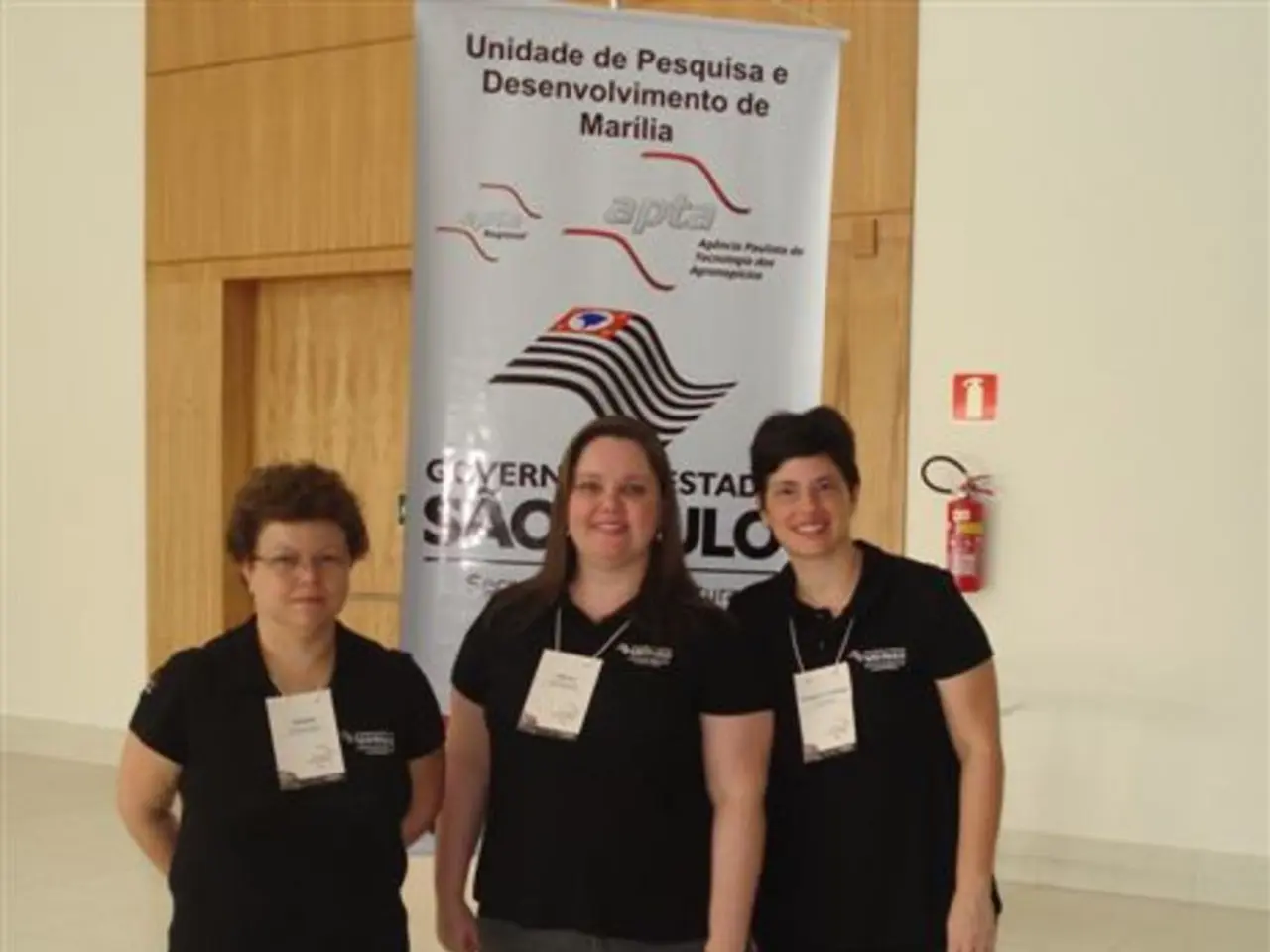Disclosure of violence towards Filipino women unveiled in Lahaina disaster assessment report
In the aftermath of the devastating Lahaina wildfire in Maui, Hawaii, which claimed over 100 lives and displaced thousands, a landmark report has shed light on the disproportionate impact the disaster had on women within Hawaii's Filipino community.
Authored by Khara Jabola-Carolus and Nadezna Ortega, both Juris Doctor degree holders from the University of Hawaii at Mānoa, specializing in Native Hawaiian justice and related legal issues, the Tagnawa report "Equality in Flames" has sparked a much-needed conversation about gender-sensitive disaster response policies.
The report focuses on Lahaina, a town where nearly half the population is of Filipino descent, as an important context for understanding how gender disparities manifest during disaster recovery. The report reveals that the wildfire exacerbated gender-based violence, including domestic abuse, sexual abuse, and survival sex, among Filipina wildfire survivors.
According to the report, 16% of Filipina wildfire survivors engaged in survival sex—exchanging sexual acts for shelter, food, or money—with people in situations of power such as landlords or employers. Displacement, trauma, lack of access to basic needs like infant formula and contraception in shelters, and fears of losing housing or aid contributed to the vulnerability of these women.
To address these issues, the Tagnawa report recommends inclusive, gender-sensitive disaster response policies that prioritize the safety and needs of women, especially within marginalized communities. This includes ensuring access to reproductive health supplies and infant care necessities, strengthening legal protections and reporting mechanisms to combat gender-based violence without risking housing or recovery benefits, and developing statewide disaster plans tailored to women’s experiences in disasters.
The report also highlights the silence that surrounds these issues, attributing it to immigration status, dependence on perpetrators for disaster aid, lack of safe, accessible avenues for reporting abuse, diminished trust in law enforcement and government post-disaster, existing fear of authorities among immigrants, and cultural emphasis on family loyalty.
The report has catalysed action from local government, Filipino organizations, and community groups to build more equitable and effective disaster recovery strategies in Hawaii. The Consulate General in Hawai'i has collaborated with organizations to assist fire survivors, addressing language barriers and advocating for the unique needs of Filipino families.
Mental health professional Vero Mendoza noted unsafe conditions in emergency shelters, particularly for Filipino women. Over 40% of respondents reported lacking access to mental health services after the fire.
The report underscores that disasters do not equalize hardship but instead magnify pre-existing inequalities. Filipino women already face systemic disadvantages, including a persistent wage gap, earning just 85 percent of what their male counterparts make.
Tagnawa, founded to serve the Filipino community and shape disaster response frameworks that reflect the lived experiences of all survivors, hopes the report can be a blueprint for a more equitable and effective approach to disaster management. The report raises concerns about commercial sexual exploitation in the aftermath of the Lahaina wildfire and identifies a phenomenon called "post-disaster silence," where survivors, especially women, hesitate to report violence due to fears of losing disaster aid, cultural pressures, caregiving burdens, and other factors.
The report argues that post-disaster silence, intensified by patriarchy, endangers women while also causing undue suffering among men. It calls for systemic reform, arguing that gender-blind disaster responses are practical failures that cost lives and slow recovery.
[1] Jabola-Carolus, K., & Ortega, N. (2025). Equality in Flames: Addressing Gender-Based Violence and Disaster Recovery in Hawaii's Filipino Community. Tagnawa Report. [2] Mendoza, V. (2023, October 1). Emergency Shelters: Unsafe Conditions for Filipino Women. Pacific Daily News. [3] Santos, R. (2023, August 15). Lahaina Wildfire: Filipino Women Face Disproportionate Harm. Hawaii News Now. [4] De Guzman, A. (2023, September 1). Tagnawa Report Sparks Action for Equitable Disaster Recovery in Hawaii. Filipino Reporter.
- The Tagnawa report, titled "Equality in Flames," has called for inclusive, gender-sensitive disaster response policies to prioritize the safety and needs of women, especially in marginalized communities, following the Lahaina wildfire in Hawaii.
- In the aftermath of the Lahaina wildfire, fifty percent of the town's population being of Filipino descent presents an important context for understanding how gender disparities manifest during disaster recovery, according to the Tagnawa report.
- The Tagnawa report highlights the silence that surrounds issues of gender-based violence and mental health concerns among Filipina wildfire survivors, attributing it to various factors such as immigration status, cultural pressures, and fear of authorities.
- In general news, the Tagnawa report has recently sparked action from local government, Filipino organizations, and community groups to build more equitable and effective disaster recovery strategies in Hawaii, particularly focusing on the unique needs and safety of Filipino women.




